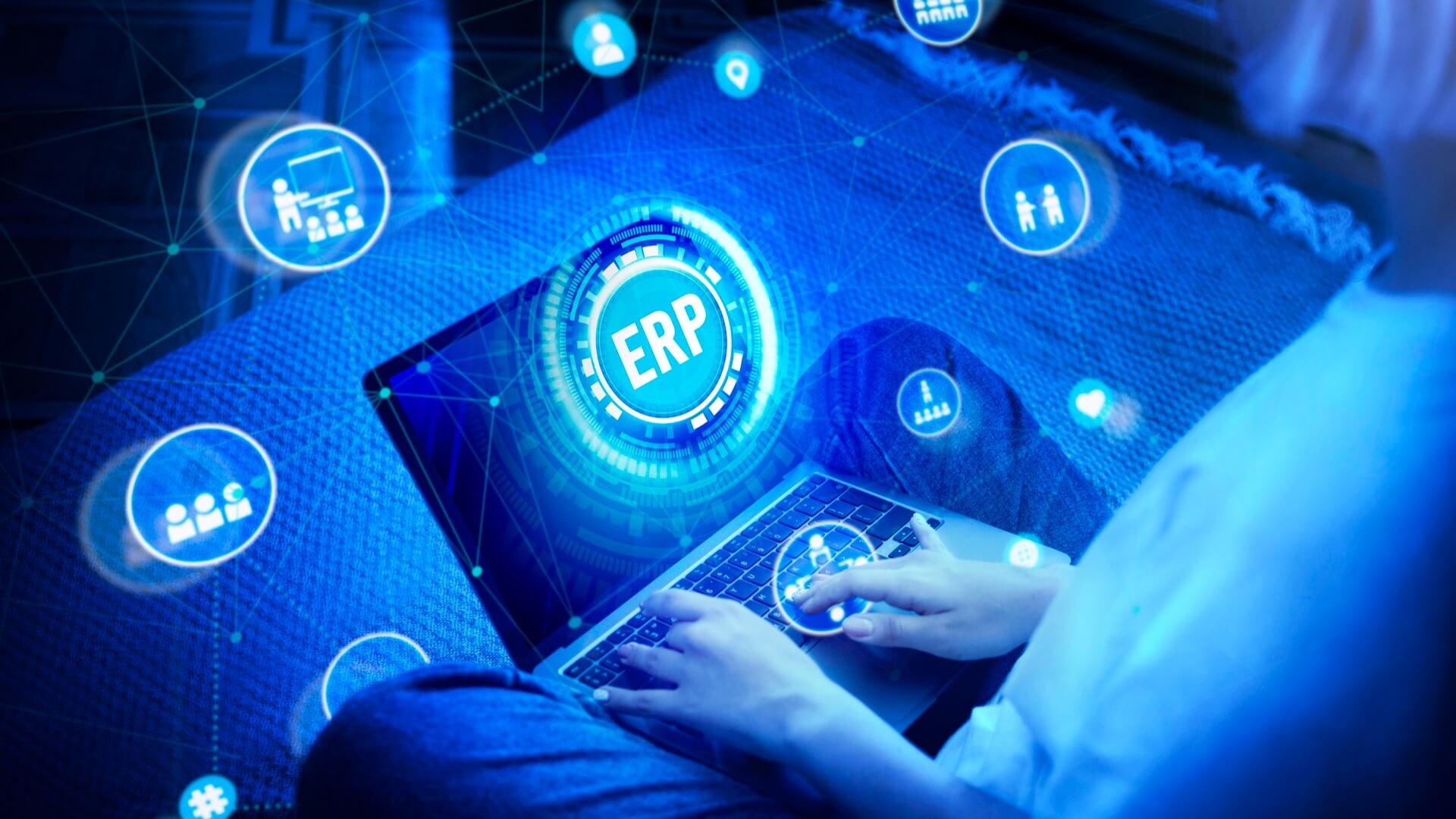
Cloud ERP has been around for more than 20 years, but companies have been wary of moving ERP to external deployments. Until recently, ERP has been relatively slow to adopt in the cloud. However, over the past few years, cloud ERP deployments have accelerated rapidly.
This shift has huge implications for the ERP channel, which is a key part of the ecosystem that makes ERP work for many enterprises. Many end users rely on these channel players to recommend the right system, create deployment plans, identify needed customizations and integrations, implement ERP, and provide ongoing help with long-term support and maintenance.
Vendors also benefit from the channel because it acts as a "force multiplier" for local sales coverage, deployment, integration and technical support. Channel companies often have very specific industry domain expertise to help close the sale. They also increase the chances of customer success through custom implementations and proposed business processes, which are then automated in ERP.
While the shift to the cloud has significantly reduced the importance of the ERP channel to customers and suppliers, it has changed many aspects of the ERP channel partner's role and required skills. They must adapt quickly to survive and thrive in this changing environment.

The channel's role in cloud/hybrid ERP
While the cloud has changed a lot for ERP channel companies, there is also a lot that has not changed. Vendors and customers will still rely on the channel for insight into industry-specific business processes and workflows. In fact, vendors will still need to have industry-specific domain expertise, but replicating the channel's on-the-ground industry experience will be difficult and costly to replicate at scale.
The channel's expertise in in-house hardware, software stacks and networking will continue to be useful. Many ERP deployments are inherently hybrid, with some functions performed in-house for performance, compliance or security reasons.
ERP channel companies have long built their businesses on an upfront licensing basis, supplemented by ongoing support costs. In this new cloud ERP world, licensing is being replaced by a subscription model. This change will result in more predictable revenue and ultimately a stabilization effect. However, it is a huge change that will require adjustment.
Cloud computing also requires new technical skills. Channel organizations will need in-depth technical knowledge of the three key cloud platforms (Google, AWS, and Microsoft Azure) and experience with any SaaS offerings from vendor partners. Technicians must ensure that on-premise workloads in hybrid deployments interact seamlessly with workloads in the cloud. Integrating other applications with the cloud or hybrid ERP requires a thorough understanding of cloud computing and SaaS APIs.

Recruiting and Training Cloud Experts
Unfortunately, channel companies can find it challenging to hire people with cloud expertise. Even if companies can hire cloud cloud experts, retaining them will still be a challenge. Recruiters go to great lengths to offer new, high-paying jobs to these hot talents.
As a result, channel companies need to upskill their existing employees. As ERP moves to a cloud model, investing in training is not a budget item worth having. A solid training program is now the bargaining chip to stay competitive.
Channel companies can increase their chances of success by choosing easily accessible online training platforms that offer personalized content for each individual in a mini-learning model. With this approach, employees never feel like they're wasting their time on content they already know or is irrelevant, and learning fits more easily into their schedules.

A new sales cycle
Finally, sales and marketing must also adapt, because selling subscriptions is different from selling perpetual licenses. First, these funds will come from a different source, as customers will be using operating expenses rather than capital expenditures. For the customer, this is usually a different budget item that may involve taxes and audits, and the channel company should be aware of this to help the customer with any issues. For channel companies, this will mean a shift in financial thinking, as revenue will come in a slower but more predictable manner.
As a result, not only technicians and engineers will need to improve their skills. Customers will focus on factors such as uptime, performance, cloud security and reliability. Even the customer experience that leads to churn will be different. Sales teams will need new sales tools and assets, marketing will need to adapt messages, and everyone will need to change their perspective. ERP channel companies must understand all the nuances of cloud ERP in order to effectively prospect and close sales.
It is the vendor's responsibility to support their channel partners during this transformation. After all, vendors can only be successful if their channel partners are successful.
